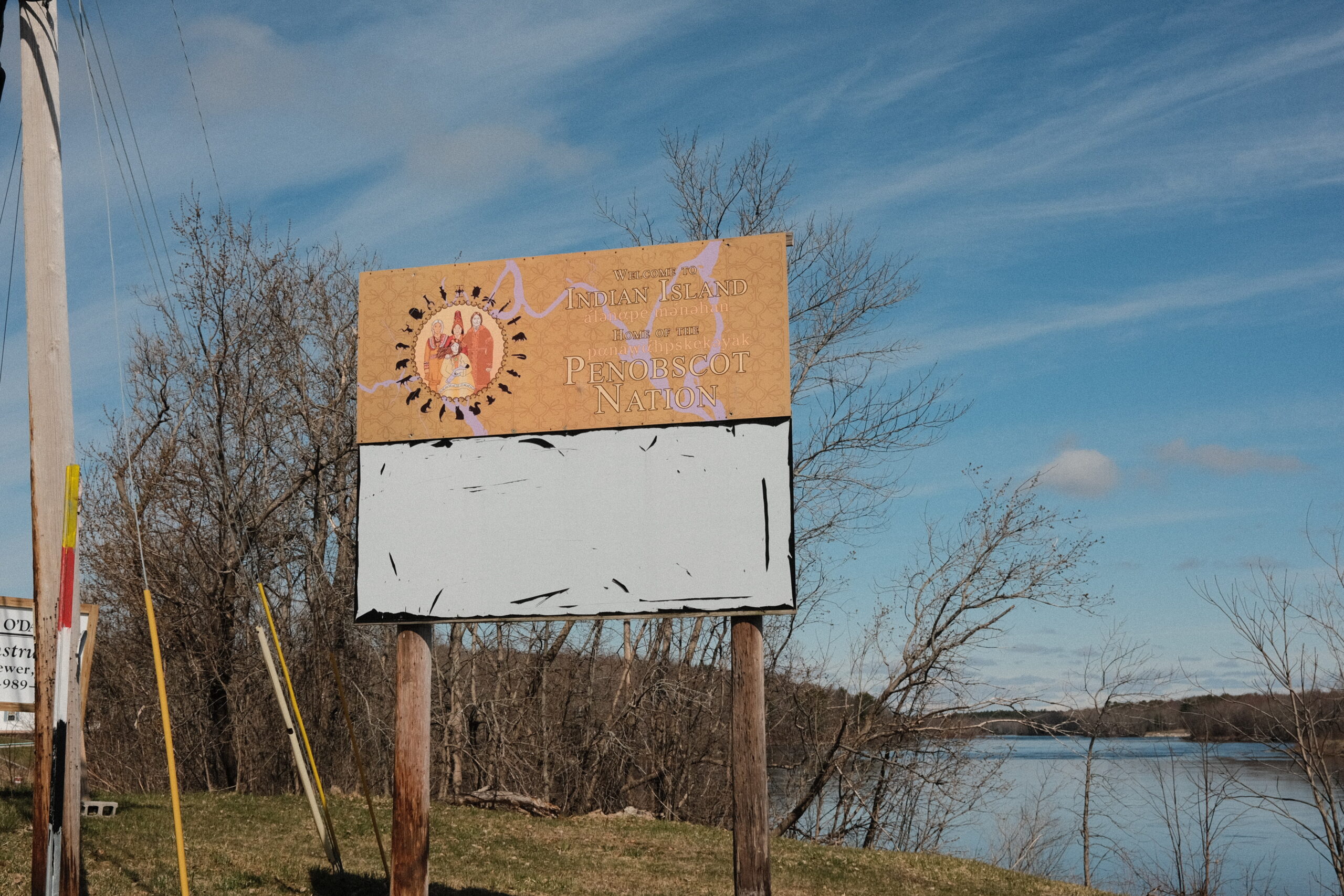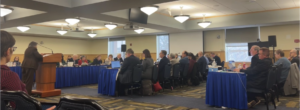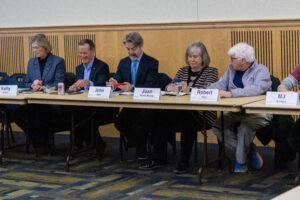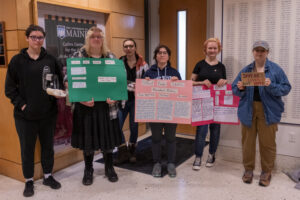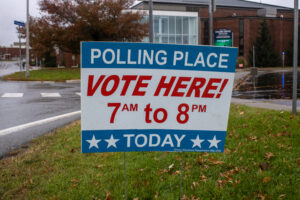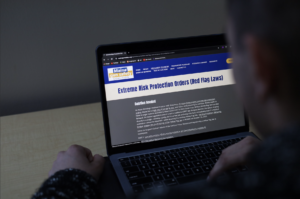LD 2007, An Act Regarding the Criminal Jurisdiction of Tribal Courts and to Extend the Time for the Penobscot Nation to Certify Its Agreement to Public Law 2023, Chapter 369, awaits the signature of Gov. Janet Mills after recently passing in the Maine Legislature.
For Maine tribes, legislation of this nature has been a long time coming, as many have continuously expressed discontent with the current Maine Indian Claims Settlement Act. The enactment of LD 2007 would impose the most significant change to the Settlement Act since its passing in 1980.
Put simply, LD 2007 would give tribal courts the authority to prosecute serious offenses that occur on tribal land and are committed by tribal members. In addition, it would give the Penobscot Nation more time to certify Public Law 2023, Chapter 369, a recent Maine law that allows the tribe to play a greater role in managing its drinking water.
Governor Mills stated her willingness to support this legislation after two previous attempts to increase tribal sovereignty in Maine this year failed to pass. UMaine Associate Professor of English Morgan Talty, an author and citizen of the Penobscot Indian Nation, spoke on the implications of the Settlement Act as originally enacted.
“The Settlement Act, while giving the tribes federal recognition, money and returning to us some inherent sovereignty, was and still remains to this day an act that allows Maine to treat us as they always have: as Natives possessing little to no power in 1980 and before,” said Talty. “The language of the act is so ambiguous, yet when it is specific, it is so for the benefit of the State.”
As written in the Settlement Act, “Indians, Indian nations and tribes and bands of Indians now or hereafter existing or recognized in the State of Maine are and shall be subject to all laws of the State of Maine.”
Talty explained that, when applied, the Act preempts any federal laws created to benefit Indians and ensures that state has the final authority to determine legislation concerning the “lands owned by or held in trust for Indians or Indian nations, tribes or bands of Indians.”
Last April, all five chiefs of the Wabanaki Nation gathered before the Maine Legislature for the first time since 2002. Chief Clarissa Sabattis, Chief Rena Newell, Chief Kirk Francis, Chief Edward Peter-Paul and Chief William Nicholas collectively expressed their desire for the inherent sovereignty of the Wabanaki Nation to be recognized, noting that Maine tribes are the only ones in the U.S. without access to federal legislation intended to benefit sovereign Indian tribes across the nation. Talty emphasized his appreciation for the continued efforts of tribal leaders, including those of the Penobscot community, to advocate for the passing of laws aimed at increasing tribal sovereignty in Maine like LD 2007.
“It’s a step in the right direction towards restoring our inherent tribal sovereignty, a sovereignty that predates the formation of the United States but has been taken away, bite by bite,” Talty said. “While we are given back some power, there is much more to do. And the easiest way to get it done is, quite frankly, for Governor Janet Mills to understand that empowering tribal nations does not weaken the state but instead strengthens the democracy of our nation.”
